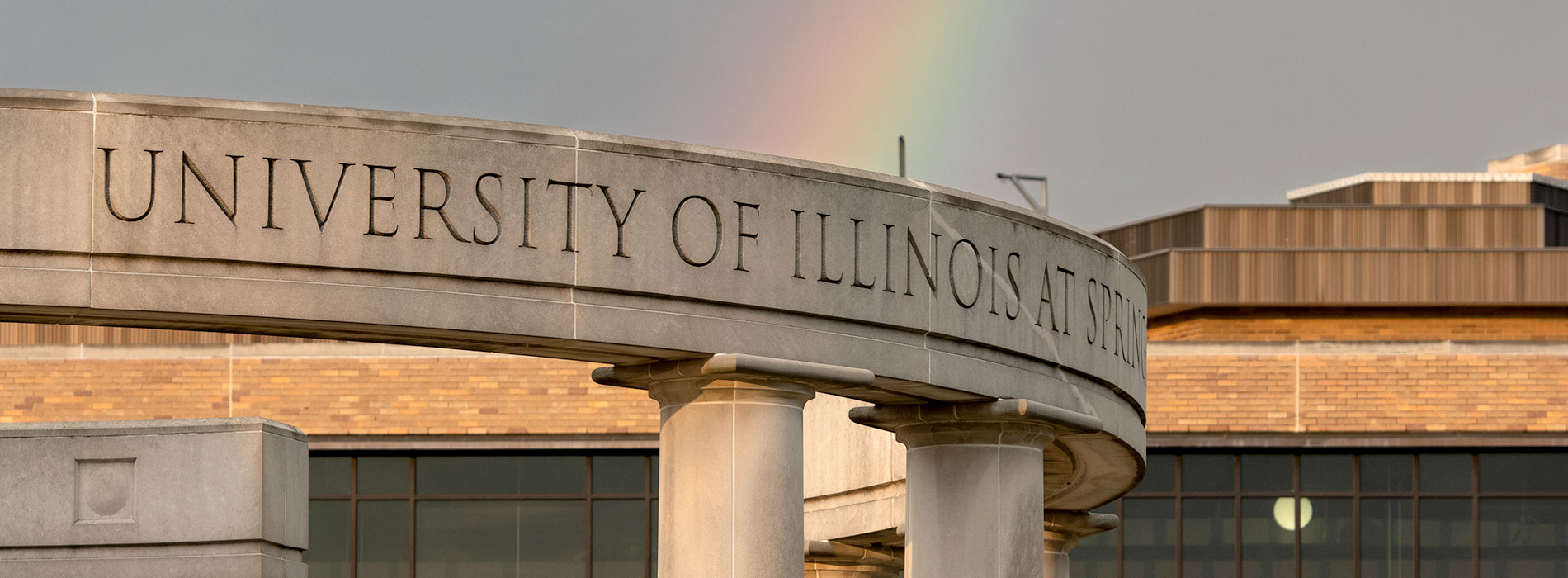Students must construct questions that are asked to other students who then answer. Alternatively, can be mixed with a guest lecture or standard Q/A session where the students must submit questions to the guest or instructor. The guest or the instructor then answers.
Appropriate Content Areas
All. Typical in social sciences, arts, education, sciences, and any field that might involve a topical issue that the students can question experts about. Less common as a direct activity in guided independent study and similar programs where students do not interact with one another.
Goals & Objectives
The goals of a question and answer activity are to empower students to control the flow of content and to guide students ability to critically examine a topic to develop their own higher order questions.
After completing a question and answer activity, students will:
- develop attention to detail and critical analysis by formulating higher order questions concerning a given concept
- synthesize information in order to determine missing information or information deserving clarification
as determined by successfully attending to 80% of the requirements.
Materials and Resources
What needs to be prepared in advance by the teacher? Usually, the questions will center around a topic that the instructor or a guest presents. The topic may be presented through readings or a lecture prepared by the instructor or guest.
What does the student need to bring to the lesson? Students need to view any prerequisite materials.
Guiding Questions for this Lesson
Are students paying attention to the guest or the instructor lectures? Can students formulate questions during the lesson that lead to additional learning of all.
Lesson Outline and Procedure
- Student read, view, or listen to a presentation or lecture prepared by a guest expert or the instructor.
- Questions
- Synchronous
- Each student composes a question to ask during a synchronous section.
- The guest, the instructor, or other students answer the questions found to be most pertinent until all questions or as many as possible or appropriate have been answered.
- Student-student questioning generally occurs where there is peer review of a student-led presentation or the like.
- Asynchronous
- Students submit a question to an asynchronous discussion forum.
- The guest, the instructor, or other students as assigned answer the questions being posed. Additional discussion may be facilitate
- Synchronous
Learning Assessments
The primary assessment involves the quality of the questions being asked. Are the questions clear, concise, pertinent, of the correct specificity, etc. Additional assessment can include the quality of student answers to student-student questions.
Teaching Strategies and Highlights
- The instructor may need to formulate his/her own questions if there is a particular aspect of the discussion that is being missed.
- Optional additional activity: Following the discussion, the instructor, guest, and/or the students individually construct a synopsis of the discussion outlining key points learned.
Accommodations
For synchronous activities, there may be a temporal accommodation for those with disabilities affecting reading ability, such as those dependent upon a screen reader or student’s with dyslexia.
Timeline
How much time would a typical online student require to complete such a lesson? This is generally a quick activity, but the aspects of the activity may be spread in time. An initial period may be required such as 3 days to review materials prior to asking the questions, unless the materials are presented during a synchronous session directly after which the students pose questions. Students should be given at least 5-10 minutes to compose their questions during a synchronous session. Some questions will come right away, providing the answerer time to answer some questions while waiting for others. Not all questions have to be answered as appropriate.
Learning Connections
What connections to other topics exist within the lesson? Questions posed by students, often do not address the connectivity to other content. When these connections are not made, the instructor should facilitate the linkage of information in any discussions or summaries presented.
Ideas for Lesson Evaluation and Teacher Reflection
How did the students like the lesson? End of semester evaluations should ask about the usefulness and learning accomplished through such activities. Difficulties experienced should be addressed for current and future courses and students. When the student population is not effectively constructing questions it could be that the topic is not being delivered in a manner conducive to questioning. Alternative activities or lesson presentation may be considered.
